Argmax: https://en.wikipedia.org/wiki/Arg_max
Since there was some confusion i will describe what argmax does:
argmax finds arguments for a function so that this function is maximized.
Simple example: x * (10 - x)
x = 1 -> 1 * (10 - 1) = 9
x = 2 -> 2 * (10 - 2) = 16
...
x = 5 -> 5 * (10 - 5) = 25
x = 6 -> 6 * (10 - 6) = 24
So in this example argmax would give x = 5. argmax should do this for multiple variables in one function.
I'm trying to solve this formula from the paper Provably Manipulation-Resistant Reputation Systems:
X is a matrix with variables for which i want to find the values that maximize the formula.
I allready tried it with Wolfram|Cloud but the free plan has a too small memory restriction: Wolfram|Cloud memory limit exceeded
I have a local MATLAB R2016b version and would like to program this formulas in MATLAB.
Does MATLAB have a argmax function?

